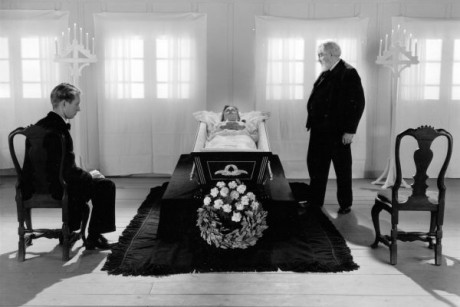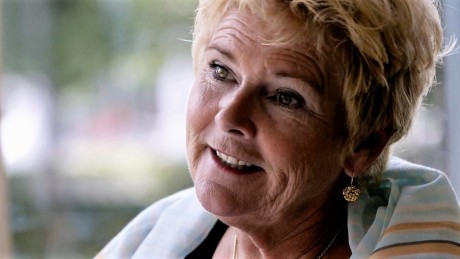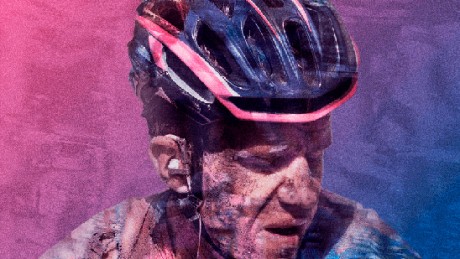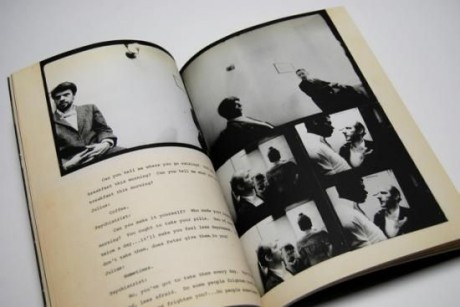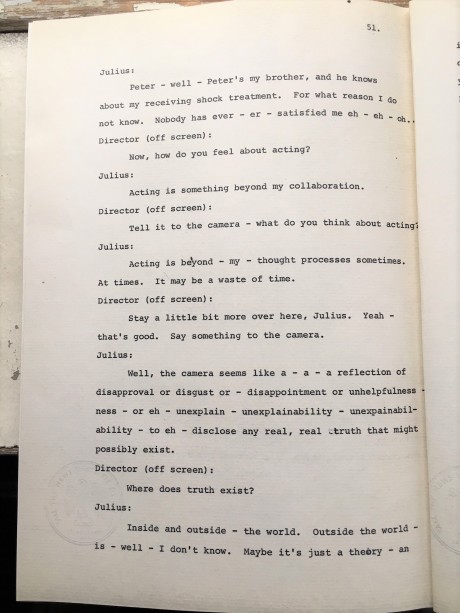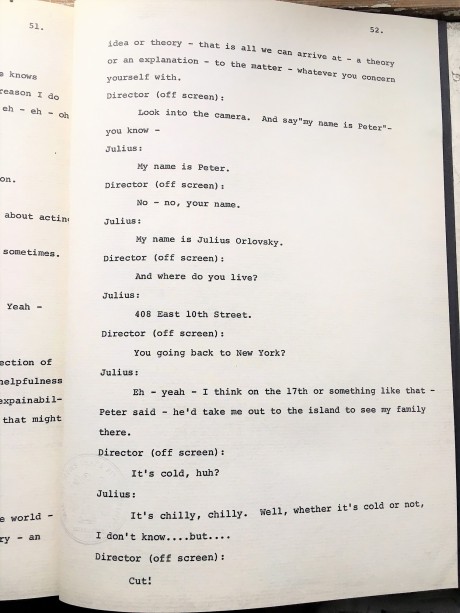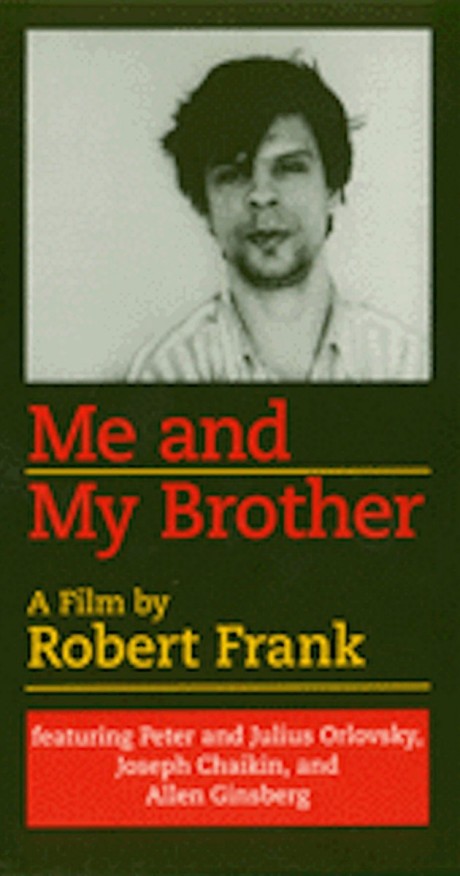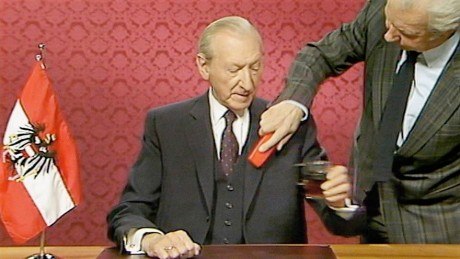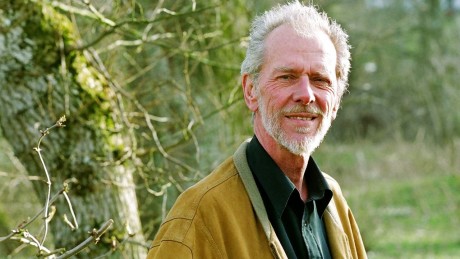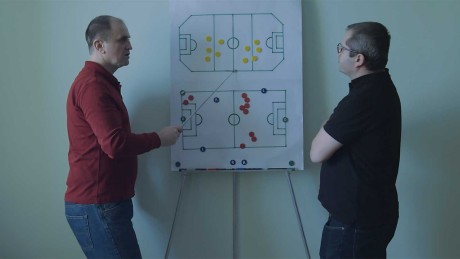Jørgen Vestergaard har i sin karriere spændt vidt, hans filmografi er imponerende, han har om nogen indforstået og smukt skildret det Danmark, som så grimt i dag bliver kaldt for udkantsdanmark. Og han er stadig aktiv (TSM)
Jørgen Vestergaard præsenterer med KULTURKLUB FOKUS som vært på en lang søndag i Aalborg 16 dokumentarfilm, 7 dukkefilm og 2 spillefilm:
SØNDAG 29. APRIL 10-18 / SKRAAEN & KINORAMA I AALBORG
”Jørgen Vestergaard, en filmmand fra Thy. Mini filmfestival med film produceret af Jørgen Vestergaard gennem et langt filmliv. Film for børn. Film for voksne. Mange med lokalt udgangspunkt. Dukkefilm for Danmarks Radio. Benny Andersens Snøvsen i biograferne”, hedder det i programmet.
Jeg vil lige fremhæve de film i programmet, som Filmkommentaren.dk har skrevet om, og føje et lille citat til:
VAGT VED HAVET / HAVNEN / SKRÅEN store sal / 10:00
“… Lad mig nævne to af dem: “Vagt ved havet” fra 1965, produceret for Dansk Kulturfilm, vidunderligt fotograferet af Lennart Steen og “Havnen”, det 10 minutter lange øjebliksbillede fra 1967, ligeledes med Steen bag kameraet. Produceret for Kortfilmrådet. Oh, disse smukke sort-hvide billeder.” (TSM)
DENGANG JEG DROG AFSTED (1970) / SKRÅEN store sal /10:00
“… dens vigtigste tidsbundne egenskab er dens måde at være filmværk på. Den er simpelthen sin tid. Sådan lavede man film dengang. For eksempel klippede man tilbageholdt ironiserende, sådan lidt klemt. Det lille smil lige før fniset. (ABN)
ET RIGTIGT BONDELIV / SKRÅEN store sal / 10:00
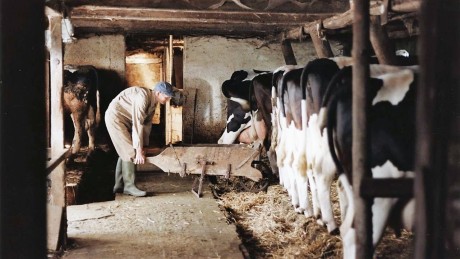
“… Det første jeg hæfter mig ved, er de medvirkendes aldeles usentimentale munterhed. Dernæst ved deres vedkommende viden om tingene og nøjagtighed i hver oplysning, i hvert udsagn.
Vestergaards værk rejser sig som monument ved sin uhyre omfattende og detaljerede research. Her er noget så sjældent som ordentlig besked om tingene, og arkivmaterialet er på plads. Det, der tales om, er det, som indklippet viser. Det er frydefuldt. Grønthøster og Ferguson. Møgspredning og roehakning. Faglig og nøgtern præcision.” (ABN)
BRØDRE / SKRÅEN store sal / 13:00
“… Heldigvis findes der flere dages optagelser med de to brødre. Med dialog på vestjysk fra Holmsland. Der ligger i det materiale en film og venter på Jørgen Vestergaards energiske dvd-projekt, som han egenhændigt så prisværdigt fører ud i livet: samling på det samlede værk.” (ABN)
JENS SØNDERGAARD – PORTRÆT AF EN MALER / SKRÅEN store sal / 14:15
“… Vestergaard har fastholdt Jens Søndergaards bål på Bovbjerg og stille og roligt placeret Bjerre og Lergaard i den sammenhæng.” (ABN)
KIRSTEN KJÆR OG HENDES MUSEUM / SKRÅEN store sal / 14:15
“… Og jeg opholder mig begejstret ved den medvirkende Harald Fuglsangs fortælling af Kirsten Kjærs biografi i ét smukt klippet, indsigtsfuldt og så sprogligt musikalsk forløb, at det fastholder og bliver til selve dette liv i dets egen dialekt. Ægte fortællekunst så ansvarsfuldt og beskedent fastholdt på film af Jørgen Vestergaard og hans faste fotograf Orla Nielsen.” (ABN)
CEMENTKRUCIFIKSET / SKRÅEN store sal / 15:30
“… Han har bevaret Broby-Johansens suveræne fortælling om Anton Laier og omgivelsernes uforstand og brutalitet, så det skærer i hjertet.” (ABN)
OVARTACI / SKRÅEN store sal / 15:30
“… Vestergaard har formidlet Johannes Nielsens omhyggelige notater af Overtacis udtalelelser i de besynderligt præcise sætninger.” (ABN)
STORM P.OPFINDELSER / SKRÅEN lille sal / 15:30
“… Alt virkede! Bitte små og enkle opgaver blev løst på den mest komplicerede måde, tænkes kan. Alt i dyb, dyb alvor, med en vedvarende boblende, men al tid omhyggeligt tilbageholdt latter. Fastholdt af Henrik Koefoeds knastørre læsning af Storm P.’s tekniske forklaringer til maskinerne.” (ABN)
HØJT SKUM / SKRÅEN lille sal / 15:30
“…Og så kommer filmens højdepunkter, dens umistelige tilføjelser til Storm Petersen fortolkningen:
To højdepunkter, Nikolaj Kopernikus’ Dada-rekonstruktion af monologen ”Aakirkeby” og Jesper Asholts absurdistisk insisterende mand på parkbænken. Det er perler af nutidighed, neomoderne (hvis der var noget der hed det), store monologer, støvfri af al hengemt veneration, men resolut understreget af scenernes stiliseringer i setdesign, instruktion af statisterne og af Steen Møller Rasmussens præcise fotografering, som tindrende morsomt tager sig selv så alvorligt, at vidste jeg ikke bedre, ville jeg tro, jeg var til dilettant i vores forsamlingshus.” (ABN)
SOMMERHESTE / KINORAMA – ORLAS BIOGRAF / 10:00
“… Sommerheste fra 1964 er Vestergaards første rigtige film, som han så indforstået præcist skriver i kassettens teksthæfte. Ja, det er den fineste film pure.” (ABN)
RITUAL
Måske er det rigtigt, måske betragter Jørgen Vestergaard sine danskere i sine danske film etnografisk / socialantropologisk, som var det et eksotisk folk, han gennem årene i sit værk er kommet udefra til og har beskrevet. I 2014 fik han i hvert fald – i sig selv prisværdigt – yderligere tre klassiske film fra den dokumentariske del af sit værk digitaliseret og udgivet på en dvd med overskriften Ritualer… (ABN)
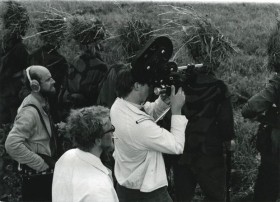
Jørgen Vestergaard med sit hold på optagelse til Dengang jeg drog afsted (1970), en af de tre film i samlingen Ritualer.
LINK
– til program og billetsalg:
https://skraaen.dk/spillested/arrangementer/film-for-hele-familien-en-filmmand-fra-thy/
– til alle FILMKOMMENTARENS blogindlæg om Jørgen Vestergaard og hans film:
http://www.filmkommentaren.dk/blog/blogpost/2151/



